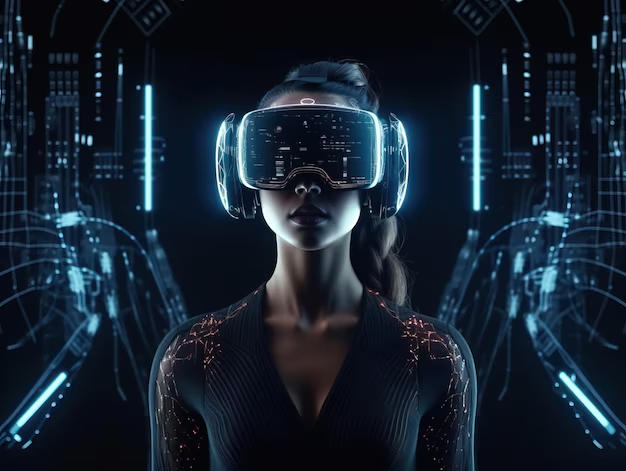The 2024 Nobel Prizes in physics and chemistry have highlighted the transformative role of artificial intelligence (AI) in modern scientific breakthroughs. AI’s significant contribution is evident in the achievements recognized by both awards. One can only speculate on what Alfred Nobel, the founder of these prestigious prizes, would have thought about the integration of AI into the heart of scientific exploration.
Nello Cristianini, Professor of Artificial Intelligence at the University of Bath, notes the potential for many future Nobel Prizes to be awarded to researchers leveraging AI tools. Cristianini remarks, “We are certain to see many more Nobel medals handed to researchers who made use of AI tools. As this happens, we may find the scientific methods honoured by the Nobel committee depart from straightforward categories like ‘physics,’ ‘chemistry’ and ‘physiology or medicine.'” This evolution in scientific recognition reflects the interdisciplinary nature of AI-driven research, which often transcends traditional academic boundaries.
The recipients of this year’s physics prize, John Hopfield and Geoffrey Hinton, and the chemistry laureates, David Baker, Demis Hassabis, and John Jumper, showcase the diverse backgrounds and collaborative efforts that characterize modern scientific advancements. Hinton’s pioneering work in machine learning and the development of the backpropagation algorithm have had a profound impact on AI technologies, such as Google’s DeepMind AlphaFold 2, which solved a longstanding challenge in protein structure prediction. As AI continues to redefine the landscape of research, the distinction between human and machine contributions may blur, prompting discussions about the future role of AI in scientific discovery and recognition. Cristianini’s insights underscore the growing influence of AI in reshaping the paradigms of innovation and achievement.









